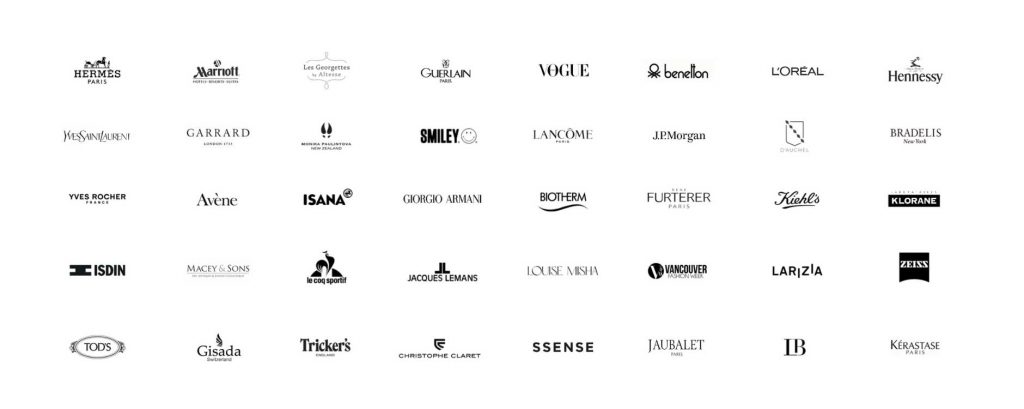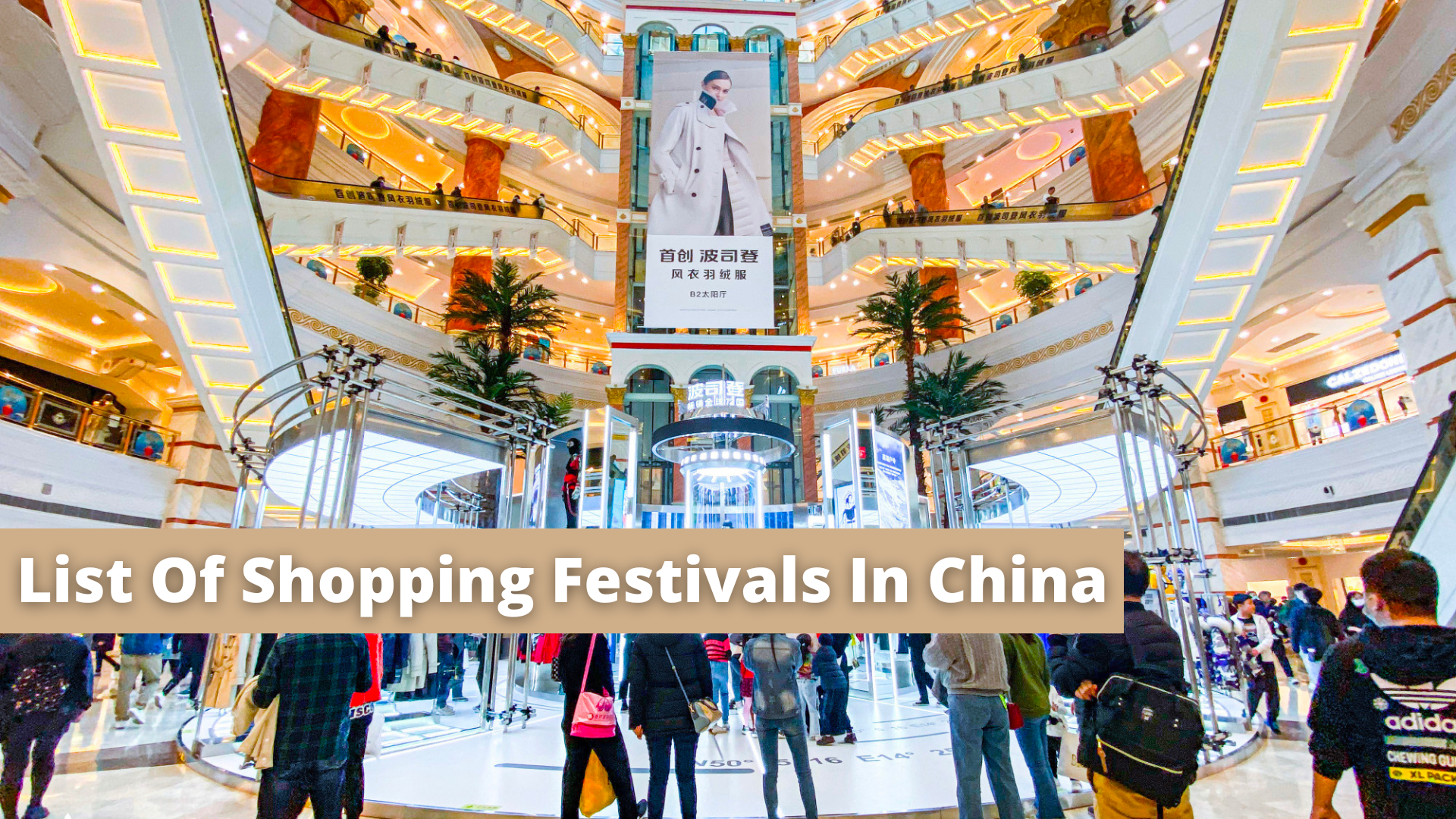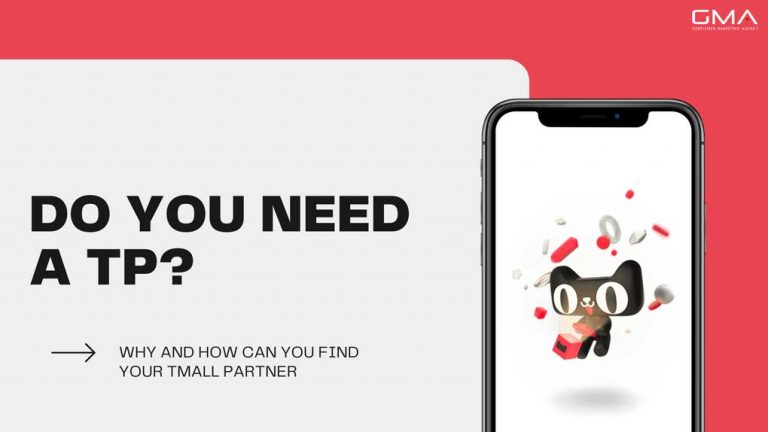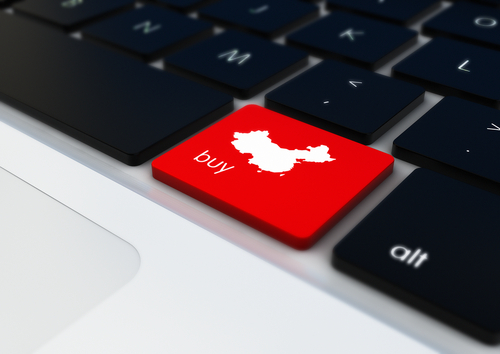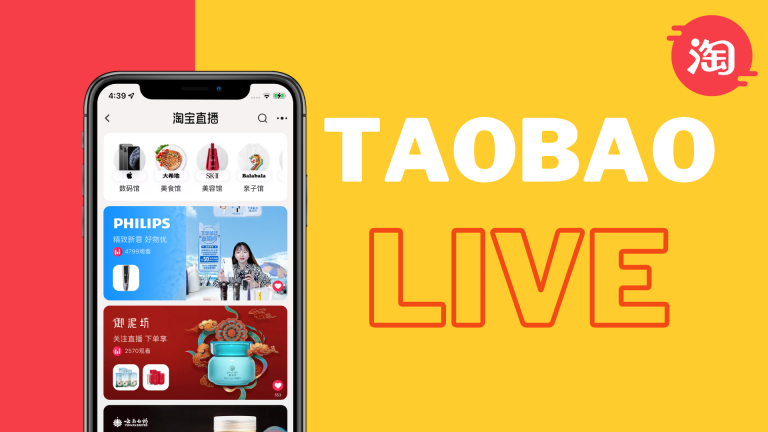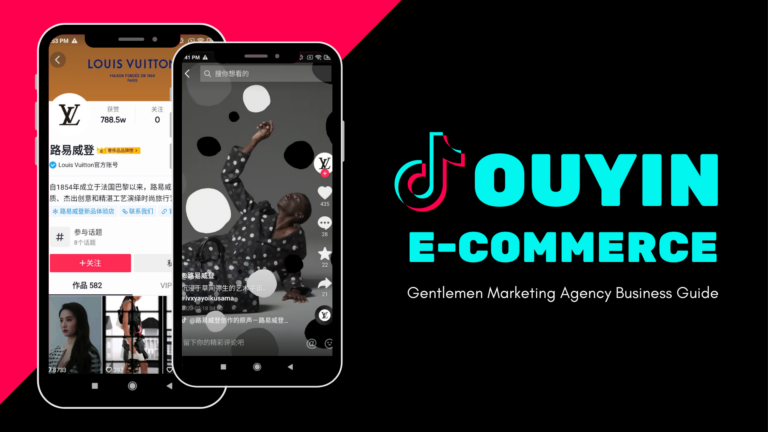China is known for its vibrant and lively shopping festivals that attract millions of shoppers from around the world. These festivals are a celebration of consumerism and offer incredible deals, discounts, and promotions on a wide range of products.
One of the most famous Chinese shopping festivals is the “Singles’ Day” or “Double 11” festival, which takes place on November 11th each year. It originated as a day for singles to celebrate their independence but has now transformed into the world’s largest online shopping event.
Need a cost effective TP (Tmall Partner) to sell in China?
We are an Official Tmall Partner e-commerce Agency. Our Services: E-Commerce, Search Engine Optimization, Advertising, Weibo, WeChat, WeChat Store & PR.
E-commerce platforms like Alibaba’s Tmall and JD.com offer massive discounts and flash sales, resulting in billions of dollars in sales within just 24 hours. A range of other shopping festivals throughout the year are also celebrated by various industries and consumers as well.
Ready to dive into the heart of Chinese retail culture? Let’s get started!
Key Takeaways
- China’s popular shopping festivals include Singles Day or 11.11 Shopping Festival, Spring Festival, Valentine’s Day, Mid-Autumn Festival, and 618 Mid-Year Shopping Festival.
- Foreign brands can leverage these shopping festivals by marketing on Chinese e-commerce platforms, developing effective marketing plans and brand awareness, promoting festival deals in advance, and collaborating with key opinion leaders.
- To succeed in China’s e-commerce market, foreign brands should understand the target audience, create compelling content, utilize social media platforms, optimize their e-commerce presence on popular Chinese platforms like Tmall and JD.com, and leverage data analytics for insights into consumer behavior during shopping festivals.
- Promoting festival deals in advance is crucial to attract online traffic and increase brand exposure during China’s shopping festivals. Collaborating with key opinion leaders helps connect with the target audience and build brand value through trusted personalities.
Popular Shopping Festivals in China
Some of the popular shopping festivals in China include Singles Day or 11.11 Shopping Festival, Spring Festival, Valentine’s Day, Mid-Autumn Festival, and 618 Mid-Year Shopping Festival.
Singles Day or 11.11 Shopping Festival

Easily the biggest event on China’s shopping calendar, Singles Day or the 11.11 Shopping Festival definitely packs a punch. Now recognized as the world’s largest 24-hour online shopping festival, it has become an unrivaled global shopping extravaganza well beyond its roots in mainland China.
The e-commerce giant Alibaba holds the “11.11 Global Shopping Festival” every year on November 11th. This event attracts sellers and customers from around the world.
Originally an unofficial shopping season, it has gained popularity due to the large number of transactions and sales milestones reached each year. Even Alibaba‘s competitor, JD.com, has its own version of the Singles Day festival.

Renamed in 2015 to expand beyond China, the festival represents Alibaba’s collaboration with various brands to target new customers globally. It is a highly anticipated shopping holiday that shouldn’t be missed!
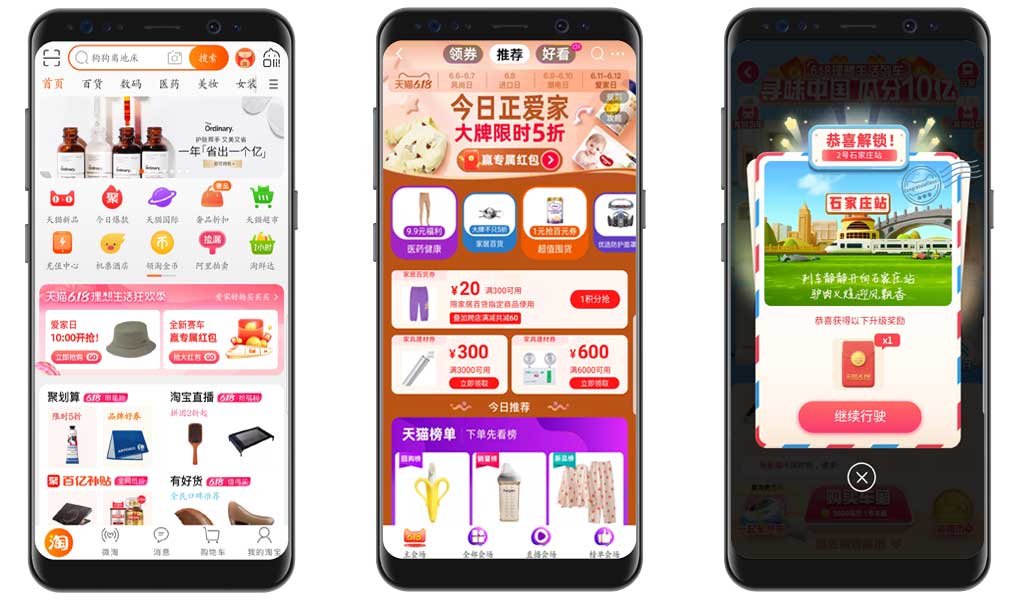
Spring Festival
The Spring Festival, also known as Nian Huo in China, is a major celebration of the Lunar New Year and is considered one of the top 10 shopping festivals in the region. It takes place on between January and February and is a favorite time for marketers.
While its origins can be traced back to sacrificial ceremonies in the Xia Dynasty, today it offers great sales potential. Leading up to Chinese New Year, known as Ban Niao Huo, people engage in shopping activities to prepare for the holiday season. This presents a unique opportunity for brands to showcase their products during one of China’s biggest festive seasons.
In addition to the Spring Festival, other attractive opportunities for marketers include the Alibaba June 18 sale and Singles Day Sales, which also attract a significant number of Chinese people.
Valentine’s Day
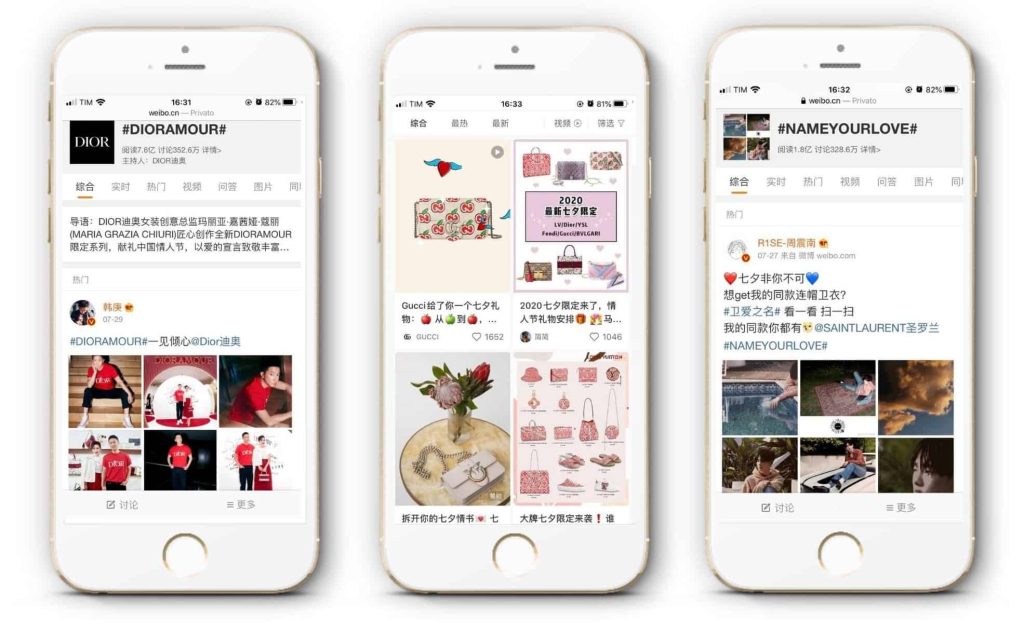
Valentine’s Day in China is becoming increasingly popular among the younger generation, who view it as a trendy Western import. It has become a popular shopping event, with retailers taking advantage of this romantic celebration by offering special deals and organizing dating activities.
However, in addition to Western Valentine’s Day, China also celebrates its own version called Qixi Festival or Chinese Valentine’s Day. This festival, deeply rooted in ancient folklore, revolves around a captivating love story between a cowherd and a weaver girl.
Unlike Western Valentine’s Day, Qixi Festival falls on different dates each year but still involves the exchange of gifts and making wishes for love. It has also evolved into a significant shopping event that brands can take advantage of.
Additionally, there is the 520 Chinese shopping festival, which has rapidly gained popularity and sometimes even surpasses Valentine’s Day in terms of brand participation, with major luxury brands like Gucci and others getting involved.
Mid-Autumn Festival
The Mid-Autumn Festival, also known as the Moon Festival or Mooncake Festival, is a significant event in Chinese culture that has been celebrated for over 3000 years. It is celebrated on the fifteenth day of the eighth Chinese lunar month and focuses on honoring the moon.
In addition to its cultural importance, the festival has become associated with popular shopping festivals in China, providing retailers with an opportunity to offer discounts and promotions.
Other major shopping festivals like Singles’ Day and Double 12 often coincide with the Mid-Autumn Festival, adding to the excitement of the occasion.
618 Mid-Year Shopping Festival
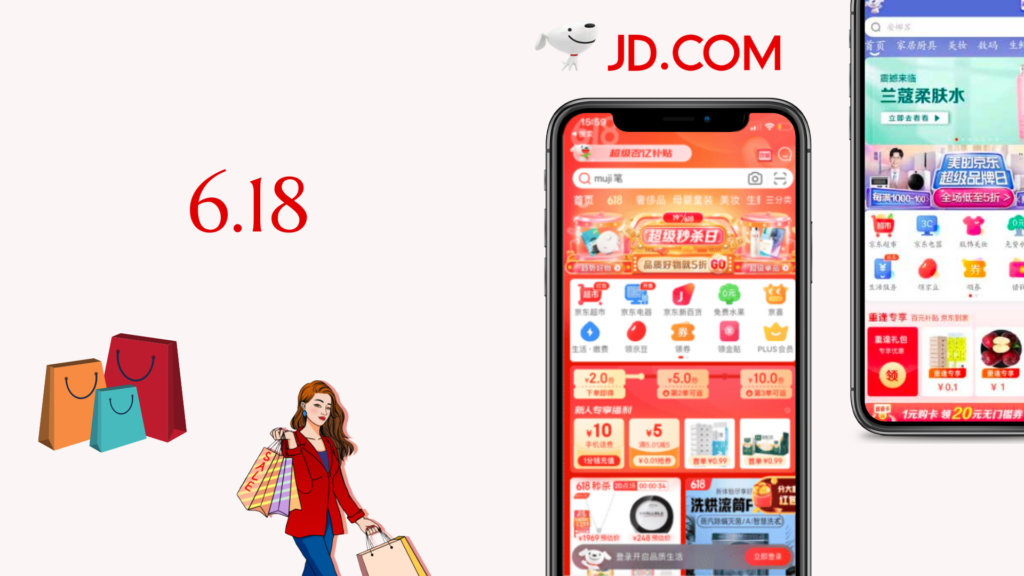
The 618 Mid-Year Shopping Festival is a significant annual shopping event in China that occurs on June 18th. It is known as the country’s second-largest and most important shopping festival, generating a massive $2.38 trillion in revenue in 2020 alone.
During this festival, consumers can enjoy incredible discounts and promotions, with Chinese merchants showcasing their products on major e-commerce platforms such as JD.com. This event highlights the increasing influence of e-commerce in China’s retail industry and emphasizes the significance of online platforms in driving consumer spending.
With more than 90% of festival purchases made through mobile phones, it is evident that mobile purchases are gaining popularity during shopping festivals in China.
How Foreign Brands Can Leverage China’s Shopping Festivals
Foreign brands can leverage China’s shopping festivals by marketing on Chinese e-commerce platforms, develop effective marketing plans and brand awareness, promote festival deals in advance, and collaborate with key opinion leaders.
Market on Chinese e-commerce platforms
In order to take advantage of China’s shopping festivals, it is important for foreign brands to establish a strong presence on Chinese e-commerce platforms. Platforms like Tmall, JD.com, and Pinduoduo offer great opportunities for international brands in the world’s largest and fastest-growing e-commerce market.
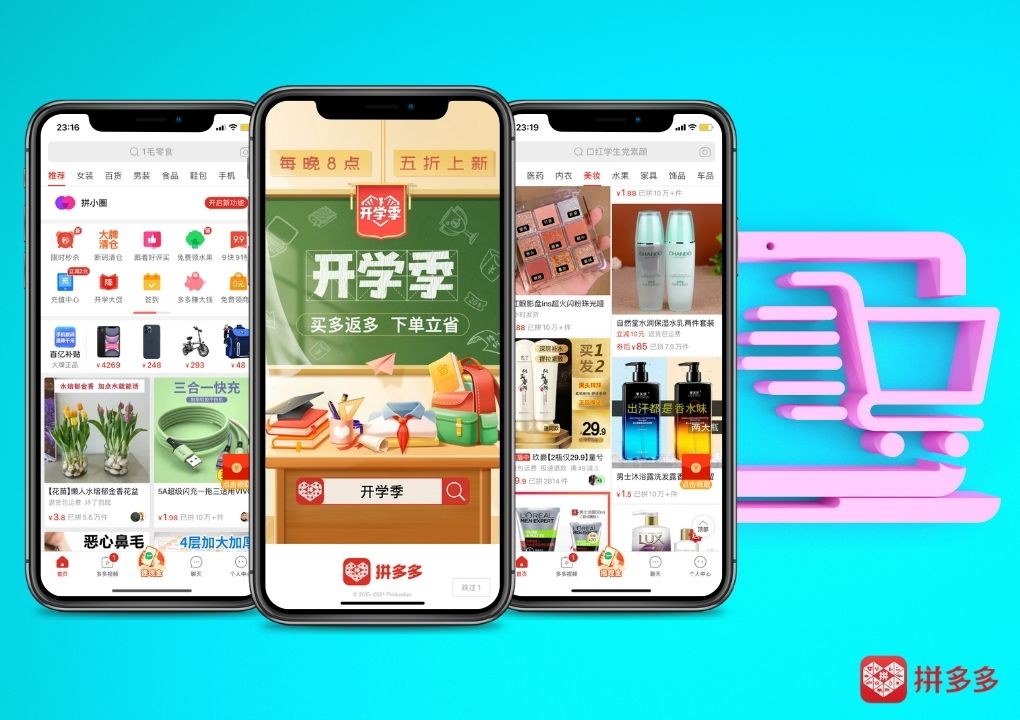
By joining these platforms, you can access the vast Chinese consumer market and increase your brand visibility. Furthermore, cross-border e-commerce platforms like Tmall Global and Kaola allow you to expand your reach into the international market.
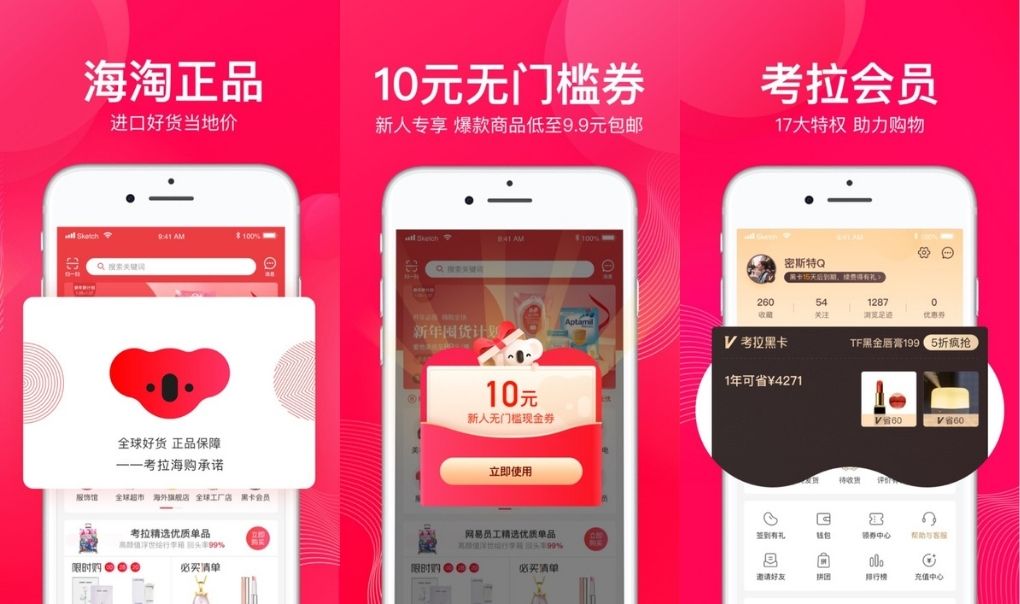
Make use of these platforms to target Chinese consumers during holiday shopping events and ensure that your brand stands out from competitors.
Develop effective marketing plans and brand awareness
Here are some effective marketing plans and brand awareness to consider:
Understand the target audience
Research and analyze the demographics, preferences, and behaviors of Chinese consumers during shopping festivals. This will help tailor marketing campaigns and promotions to effectively reach and resonate with them.
Create compelling content
Develop engaging content that tells a story and showcases the brand’s unique value proposition. This can include videos, social media posts, blog articles, and interactive experiences that capture the attention of Chinese consumers during shopping festivals.
Utilize social media platforms
Leverage popular Chinese social media platforms such as WeChat, Weibo, and Douyin (TikTok) to engage with consumers before, during, and after shopping festivals. Create interactive campaigns, run contests or giveaways, and provide exclusive festival deals to generate excitement and drive traffic to your brand.
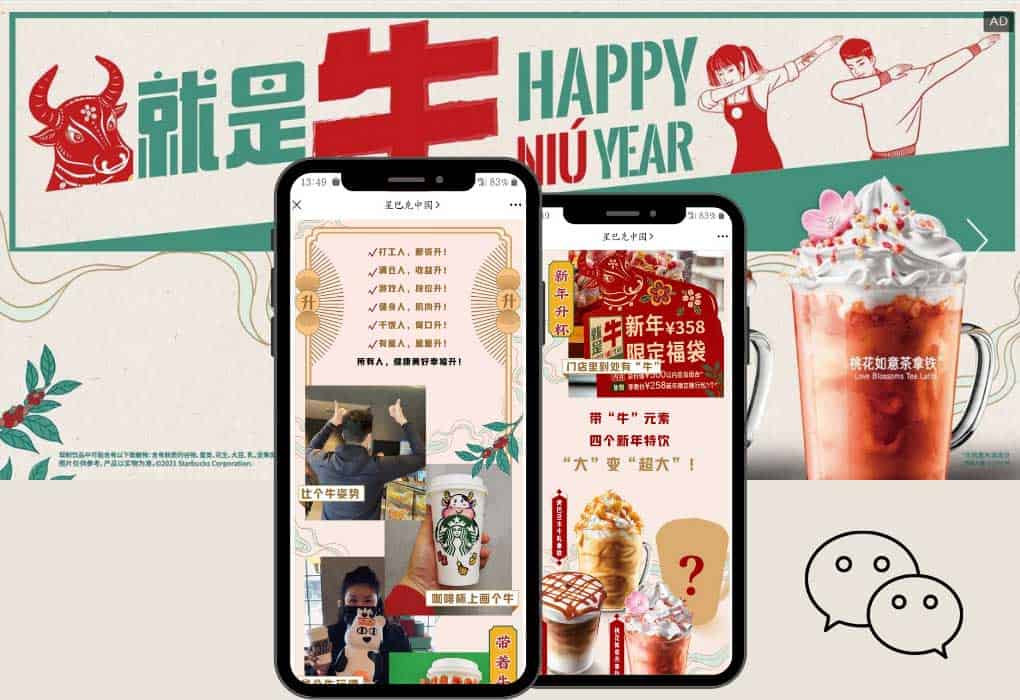
Localize marketing materials
Adapt marketing materials such as website content, product descriptions, and promotions into Chinese language and culture. This shows respect for the local market and makes it easier for Chinese consumers to understand your offerings.
Build partnerships
Collaborate with other brands or retailers to offer bundled promotions or exclusive discounts during shopping festivals. This can help increase brand exposure and attract new customers who may not have been aware of your brand before.
Promote festival deals in advance
Promoting festival deals in advance is a crucial strategy for foreign brands looking to tap into China’s shopping festivals.
By creating buzz and anticipation, brands can attract online traffic and increase brand exposure. Chinese shoppers are highly responsive to sales and special promotions during these festivals, so it’s important to capture their attention early on.
Advertising discounts or value-based promotions ahead of time will drive sales growth as shoppers take advantage of the discounted pricing. It’s also essential to participate in retail festivals on Chinese e-commerce platforms, as over 90% of festival purchases are made through mobile phones.
By leveraging these platforms and promoting festival deals in advance, brands can reach a wide audience and maximize their sales potential during China’s shopping festivals.
Collaborate with Key Opinion Leaders
Collaborating with Key Opinion Leaders (KOLs) is an essential strategy for foreign brands to leverage shopping festivals in China.
KOL marketing has gained popularity as it allows brands to connect with their target audience through influential figures. By partnering with KOLs who have a strong following and credibility, brands can effectively promote their products or services during these festivals.
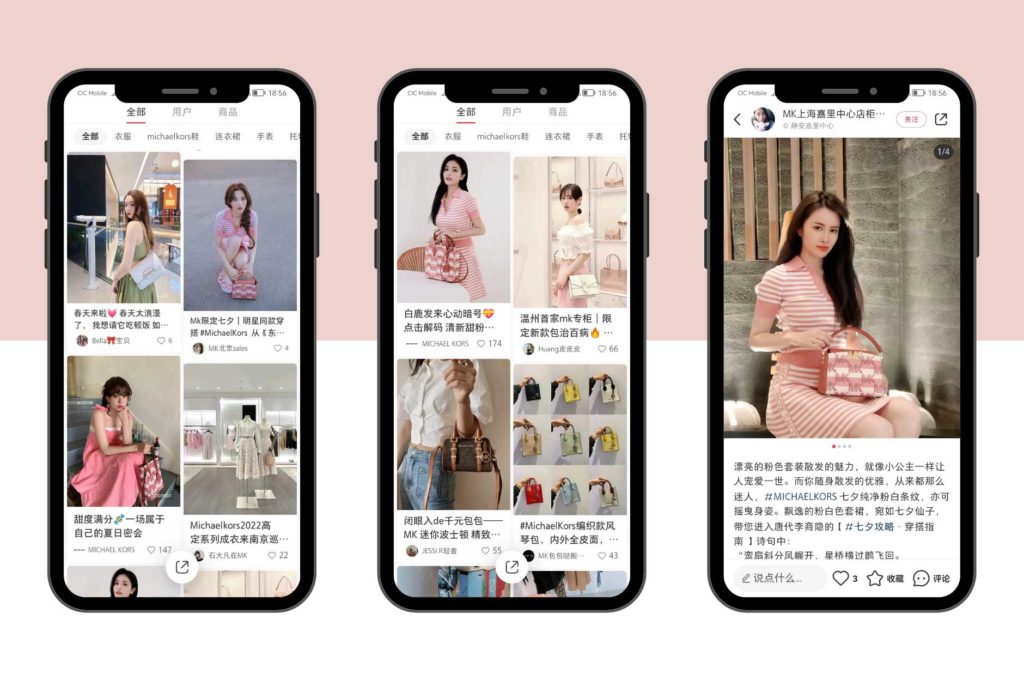
Research suggests that KOL marketing acts as a bridge between brands and their target audience in the Chinese market, helping foreign brands gain exposure and build brand value.
KOL collaborations are crucial for foreign brands looking to make a splash during China’s shopping festivals, as these influential figures act as powerful connectors between brands and their target audiences.
We are your local partner in China! Contact us!
China is home to a plethora of shopping festivals (even not mentioned ones, like International Women’s Day) that offer incredible opportunities for brands and retailers. With the surge in e-commerce and mobile purchases, these festivals have become an integral part of Chinese retail culture.
By leveraging these events with effective marketing strategies, foreign brands can tap into the immense potential of the Chinese market and drive sales volume during these highly anticipated shopping festivals.

We are a China-based marketing agency offering cost-effective solutions to foreign brands interested in tapping into the Chinese eCommerce market. Our team of Chinese and foreign experts has the experience and know-how needed to succeed in this lucrative, yet complicated market.
Gentlemen Marketing Agency offers many digital marketing and e-commerce solutions, such as web design, e-commerce and social media marketing strategies, localization, market research, KOL marketing, and more.
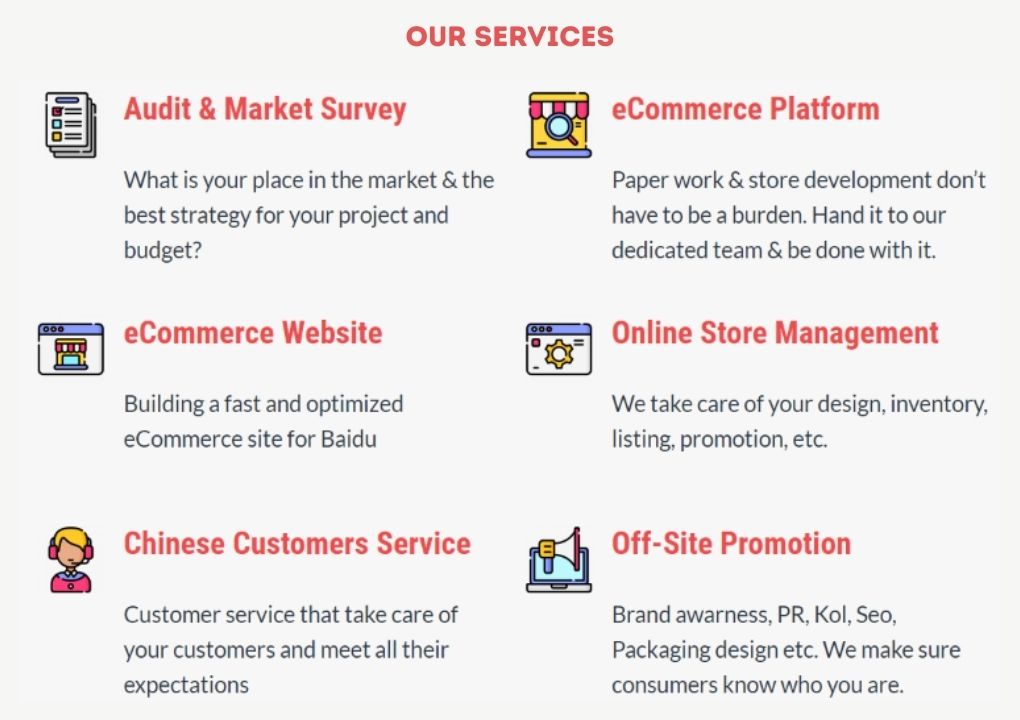
Don’t hesitate to leave us a comment or contact us, so that we can schedule a free consultation with one of our experts, that will learn about your brand and present you the best solutions for your China market strategy.
